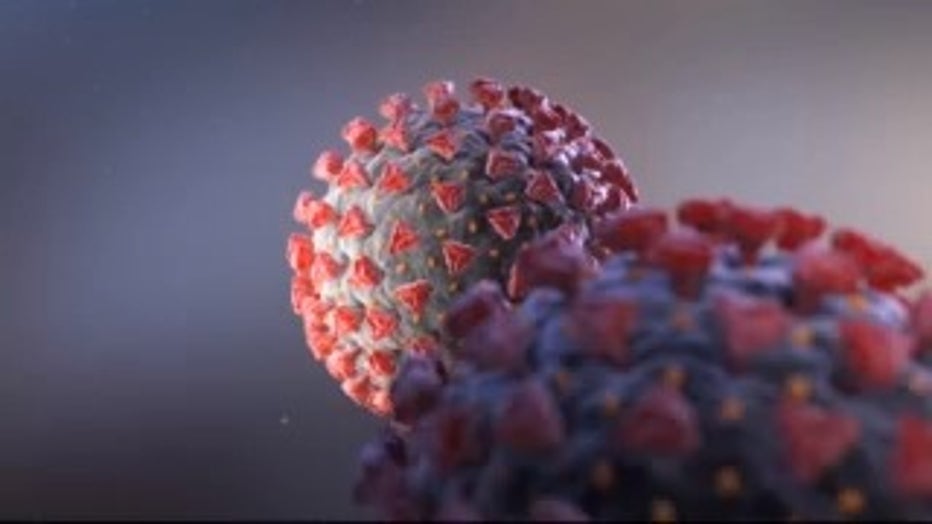Washtenaw County asks U-M students to stay home after mutated Covid strain spread
ANN ARBOR, Mich. - The University of Michigan and the Washtenaw County Health Department asked students Wednesday to avoid leaving their residences to slow the spread of COVID-19 and a more contagious variant.
There have been 175 COVID-19 cases in the student population since the new semester started on Jan. 19 and 14 of those cases have been a variant, according to a news release from the Washtenaw County Health Department.
The variant is mutated version of COVID-19 that medical experts say is more contagious. The first case of the variant in Michigan was found Jan. 16 in an adult female living in Washtenaw County, according to the state.

The stay-in-place recommendation is effective immediately and will run through Feb. 7. The university and county health department are asking students to limit leaving their residence to going to classes, getting food, work and other necessary in-person activities.
The health department said in the news release that if the case counts continues to rise, stricter measures will have to be applied.
"This recommendation is intended to slow any possible spread and give us a better understanding of the extent of the presence of B.1.1.7 variant on campus and to aid in containing any current spread," Dr. Rob Ernst, associate vice president for Student Life at U-M and executive director of the University Health Service said in the news release. "We encourage all students to stay in place and only leave their residence for essential activities, including getting tested weekly for COVID-19."
The recommendation came just days after the state health department recommended the university pause all athletics after several individuals linked to athletics tested positive for COVID-19 and the university complied.
University President Mark Schlissel issued a letter to the university community Wednesday saying there is less room for error now that the variant has reached the school then before with the normal COVID-19 cases.
"Pressing the pause button on nonessential activities will help us protect each other from illness and preserve our ability to eventually resume more normal activities as we continue our vaccination efforts," Schlissel said.

